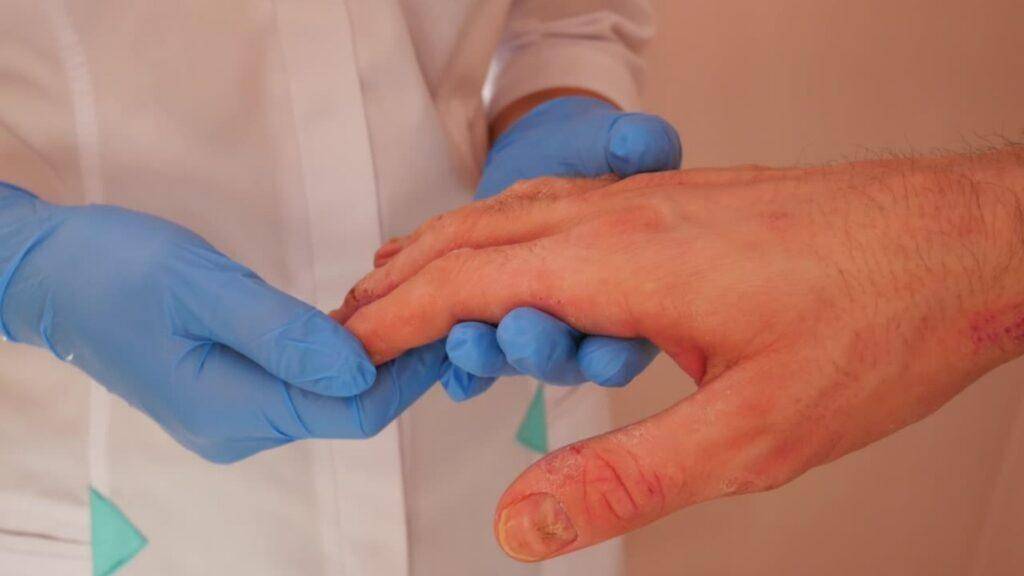Dermatitis Demystified: Understanding Causes, Symptoms, and Treatments
Skin, the body’s largest organ, often signals our overall health and well-being. One of the common skin conditions people across the globe experience is dermatitis. Although not life-threatening, dermatitis can cause significant discomfort and distress due to its inflammatory nature and visible manifestations. This blog aims to demystify dermatitis, exploring its causes, symptoms, types, and treatment options.
What is Dermatitis ?
Dermatitis is a term for skin inflammation. It typically results in swollen, reddened, and itchy skin. Dermatitis isn’t contagious, but it’s chronic, which means it’s a long-term condition with periodic flare-ups.
Types of Dermatitis:
- Atopic Dermatitis (Eczema): This type is usually inherited and often occurs in people who have a family history of allergies.
- Contact Dermatitis: This occurs when skin touches a substance that irritates it or causes an allergic reaction, like poison ivy or certain detergents.
- Seborrheic Dermatitis: This type affects areas of the body with a lot of oil glands, like the scalp and face, leading to red skin, scaly patches, and dandruff.
What Causes Dermatitis?
Dermatitis can be triggered by various factors such as:
- Irritants: Chemicals, detergents, cleaning solutions, perfumes, and certain fabrics can cause skin irritation.
- Allergens: Substances like dust mites, pet dander, pollens, and molds can provoke allergic reactions.
- Genetic Factors: A family history of dermatitis, asthma, or hay fever increases the chances of developing atopic dermatitis.
- Environmental Factors: Dry skin due to cold weather or low humidity, stress, and hormonal fluctuations can worsen dermatitis

Symptoms of Dermatitis:
- Itchy skin
- Redness or discoloration
- Swelling
- Scaling or flaking
- Blisters that may ooze or crust ove
Treatment Options:
While there's no cure for dermatitis, treatments can manage symptoms effectively:
- Moisturizers: Daily moisturizing can soothe dry skin and reduce itching.
- Topical Corticosteroids: These creams or ointments reduce inflammation and are used during flare-ups.
- Antihistamines: These medications help to control itching.
- Light Therapy: In certain cases, exposing the skin to controlled amounts of natural or artificial light can help.
Lifestyle changes can also play a significant role in managing dermatitis. Avoiding known triggers, using gentle skin products, wearing soft, breathable clothing, and managing stress can help to prevent or reduce flare-ups.
Living with dermatitis can be challenging, but understanding the condition is the first step towards managing it effectively. If you suspect you have dermatitis, consult a healthcare professional or dermatologist for diagnosis and treatment. Remember, every person’s skin is different, and what works for one person may not work for another.
Knowledge is your best defense when it comes to skin health. Stay informed, stay aware, and stay healthy!
Disclaimer: This blog post is intended for informational purposes only and does not constitute medical advice. Always seek the advice of a healthcare provider for any questions you have regarding a medical condition.
#Dermatitis #SkinHealth #EczemaAwareness #HealthBlog


